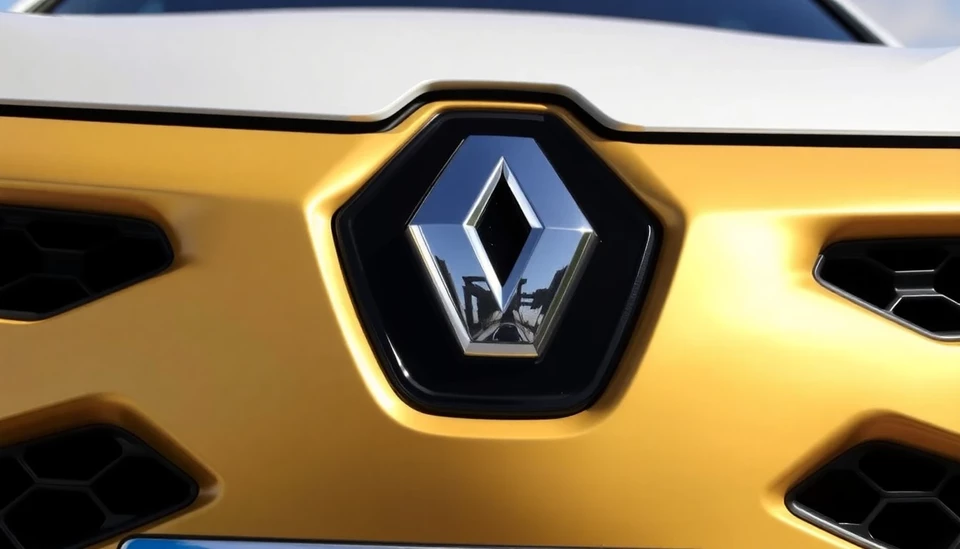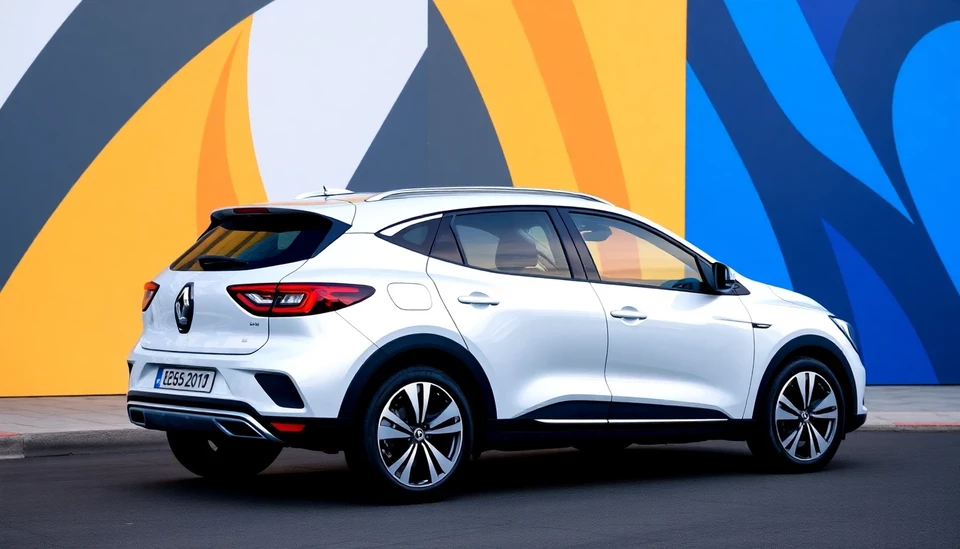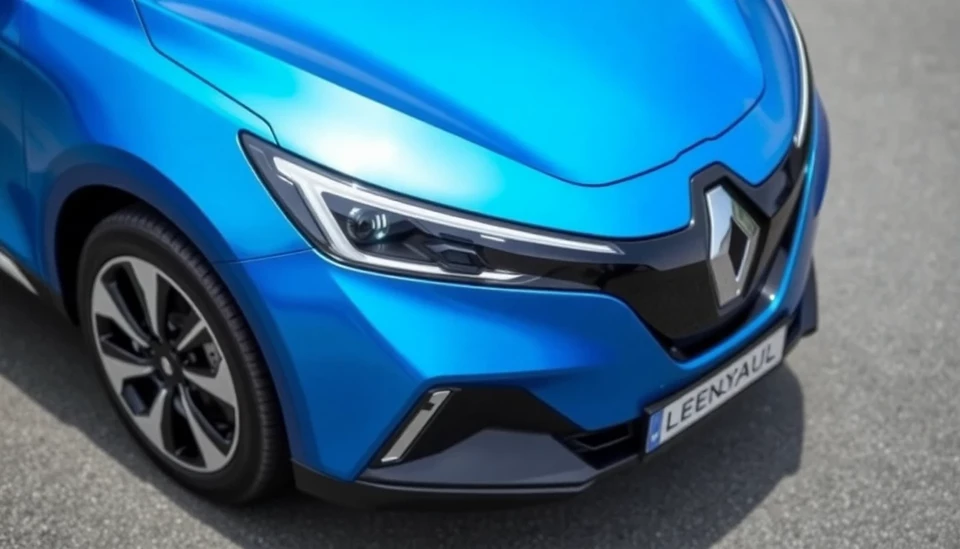
In a significant shift in its strategic partnerships, Renault has expressed a preference for Geely over Nissan, emphasizing a more natural alignment with the Chinese automotive giant. This revelation marks a pivotal moment for Renault as it reassesses its collaborative endeavors in the evolving global auto industry, particularly as the demand for electric and hybrid vehicles intensifies.
Renault's discussions with Geely are reportedly centered around enhancing their operational synergies and sharing technologies, particularly in the electric vehicle (EV) segment. Having been a part of a longstanding alliance with Nissan, the news has raised eyebrows regarding the future of Renault's relationship with the Japanese automaker. Analysts suggest that the partnership with Geely could provide Renault with fresh opportunities in the rapidly expanding Chinese market, which is viewed as a treasure trove for EV development and sales.
Underpinning this shift is Geely’s impressive rise in the automotive sector, backed by its significant investments in electric vehicle technology and its well-established position in the Chinese market. This strategic realignment underscores Renault’s need to adapt to changing market dynamics, where collaboration with a strong local player like Geely can potentially accelerate their transition to greener technologies.
Industry observers believe that focusing on a partnership with Geely could help Renault overcome some of the challenges it has been facing, especially considering Nissan’s recent struggles, including declining sales and profitability. Renault’s leadership is keen to distance itself from Nissan’s woes, maneuvering instead towards a more promising future by looking to collaborate with a company that aligns closely with its vision for sustainable development.
Renault's CEO has indicated that while the alliance with Nissan has served its purpose over the years, it may no longer be the best fit for the company’s strategic goals going forward. The shift may also signal a broader trend within the automotive industry, where traditional alliances are being reevaluated, and automakers are seeking out partnerships that will enable them to stay competitive in an increasingly digital and environmentally-conscious market.
As Renault moves forward with this potential partnership with Geely, it is also focused on diversifying its vehicle offerings and expanding its footprint internationally. This proactive approach could lead to a stronger position in global markets, enhancing its competitiveness against key players in the automotive industry.
In conclusion, Renault’s consideration of Geily over Nissan illustrates a larger narrative within the automotive sector about resiliency, adaptation, and the pursuit of innovation in the face of evolving consumer preferences and technological advancements. With the automotive landscape shifting rapidly, this transition could offer Renault a renewed sense of direction and purpose on the world stage.
#Renault #Geely #Nissan #AutomotivePartnership #ElectricVehicles #MarketStrategy #GlobalAutoIndustry
Author: Samuel Brooks




